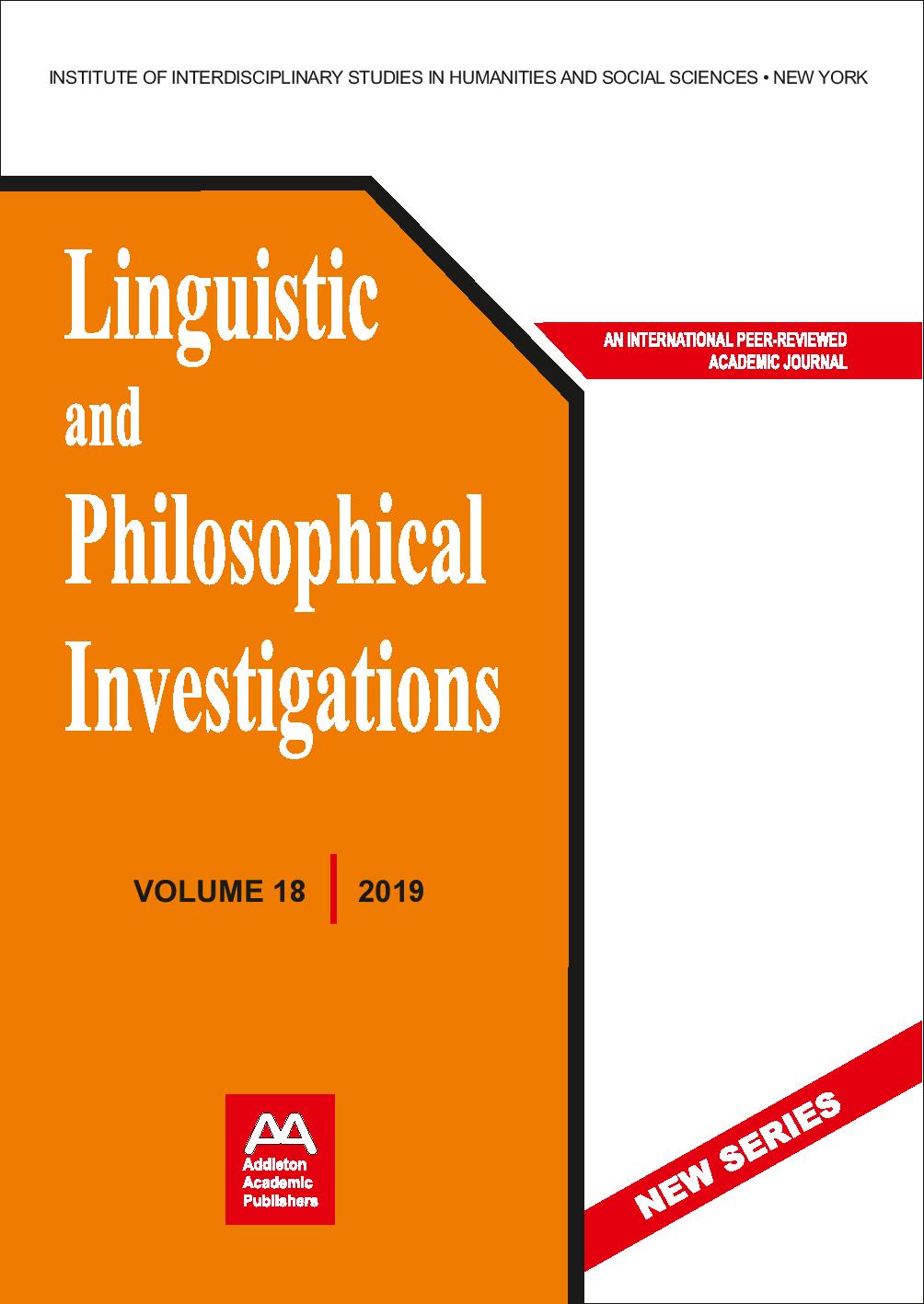EXPRESSIVE CONTENT AND SPEAKER-DEPENDENCE
EXPRESSIVE CONTENT AND SPEAKER-DEPENDENCE
Author(s): GRAHAM STEVENS, NATHAN DUCKETTSubject(s): Philosophy of Language
Published by: Addleton Academic Publishers
Keywords: expressive content; speaker dependence; pragmatic operation;
Summary/Abstract: Expressives are lexical items which encode attitudes. Original semantic theories for expressives assumed that this attitude was always the speaker’s, however, a number of apparent counter-examples have motived recent theorists to endorse the view that expressives can be shifted to non-speaker-oriented readings under which they express attitudes of a salient judge, distinct from the speaker. We argue that this rejection of speaker dependence for expressives is too hasty, arguing that: (1) the counter-examples are unconvincing, and (2) reflection on other puzzling uses of expressives that we introduce here suggest that speaker dependence ought to be preserved as a universal semantic feature of expressive content. Apparent cases of perspective shifting, we argue, are best understood as resulting from pragmatic, rather than semantic, operations.
Journal: Linguistic and Philosophical Investigations
- Issue Year: 2019
- Issue No: 18
- Page Range: 97-112
- Page Count: 16
- Language: English
- Content File-PDF

